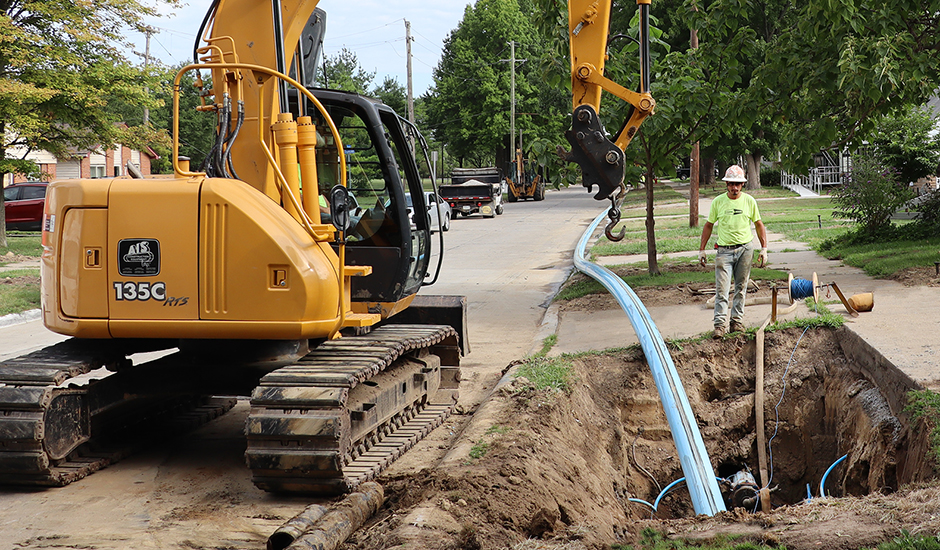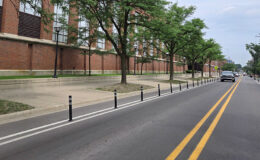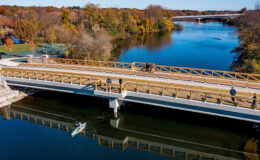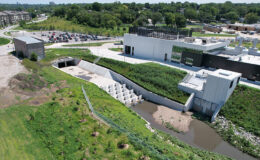With lead-contaminated drinking water making national headlines, older communities are struggling to determine the extent of lead pipes in their water systems and secure funding to address them. Use of lead pipe and joints in water systems ended in the 1950s but records often lack detail about what pipe materials were used. In Michigan, changes to the Michigan Safe Drinking Water Act in 2018 implemented the strictest regulations in the nation through the Lead and Copper Rule, requiring communities to eliminate lead mains and services within 20 years. As State and Federal funding increases through the American Rescue Plan Act and Infrastructure Investment and Jobs Act, communities should prepare to submit competitive applications by identifying potential projects and collecting supporting information indicating need, examples of previous issues, and potential solutions. Wade Trim has helped several Michigan communities identify the lead service lines in their systems through field investigation and secure funding to implement their removal and replacement to improve access to safe drinking water.
Discovery of a lead-joint water main during a sanitary sewer replacement project in the Village of Kingsley raised the lead water service line issue for this small community. The water main was immediately replaced as part of the project, but the Village wanted to determine if there were other lead service lines in the system. As the Village’s Engineer of Record, Wade Trim conducted field investigations to identify six other areas with lead joints and service lines. By proactively identifying needs and developing estimates, the Village was able to secure $1.5 million from the State of Michigan’s 2022 budget to upgrade their drinking water system.
The City of Bay City has been systematically replacing lead service lines over the past 3 years using a mix of State Revolving Loan and Community Development Block Grant (CDBG) funding. Wade Trim began providing field observation and engineering for service replacements in 2019, including oversight of site restoration. The City’s first phase of service replacements is wrapping up this year, with a second phase kicking off in 2022. Wade Trim also prepared and submitted a Project Plan to the State for a Drinking Water State Revolving Fund (DWSRF) program low interest loan to finance and complete their FY 2022 planned lead service replacement program. This project is aligned with Bay City’s Capital Improvement Program and Asset Management Plan to be implemented in concert with other planned capital improvements. With an estimated cost of $3.1 million, the City is also using CDBG funding to enable replacement of an additional 80 lead service lines. Wade Trim is providing professional engineering services for the 2022 program, including design, development of bidding documents, and assistance with bidding and contract procurement.
Wade Trim has also assisted the City of Taylor and Charter Township of Brownstown with applying for and securing Drinking Water Asset Management (DWAM) Grants from the Michigan Department of Environment, Great Lakes, and Energy to help fund field investigations to inventory pipe materials in their water distribution systems. The updated data will help these communities better understand the extent and locations of lead and galvanized service lines that need to be replaced.
For more information about how Wade Trim can help your community address lead water service lines, contact Rebecca Smith at 800.482.2864 or rsmith@wadetrim.com. For funding support, contact Wayne Hofmann at 989.402.2590 or whofmann@wadetrim.com.







